T4K3.news
Study finds vaccine panel conflicts historically low
USC analysis shows conflicts on ACIP were at historic lows before Kennedy reshaped the panel while VRBPAC remained low
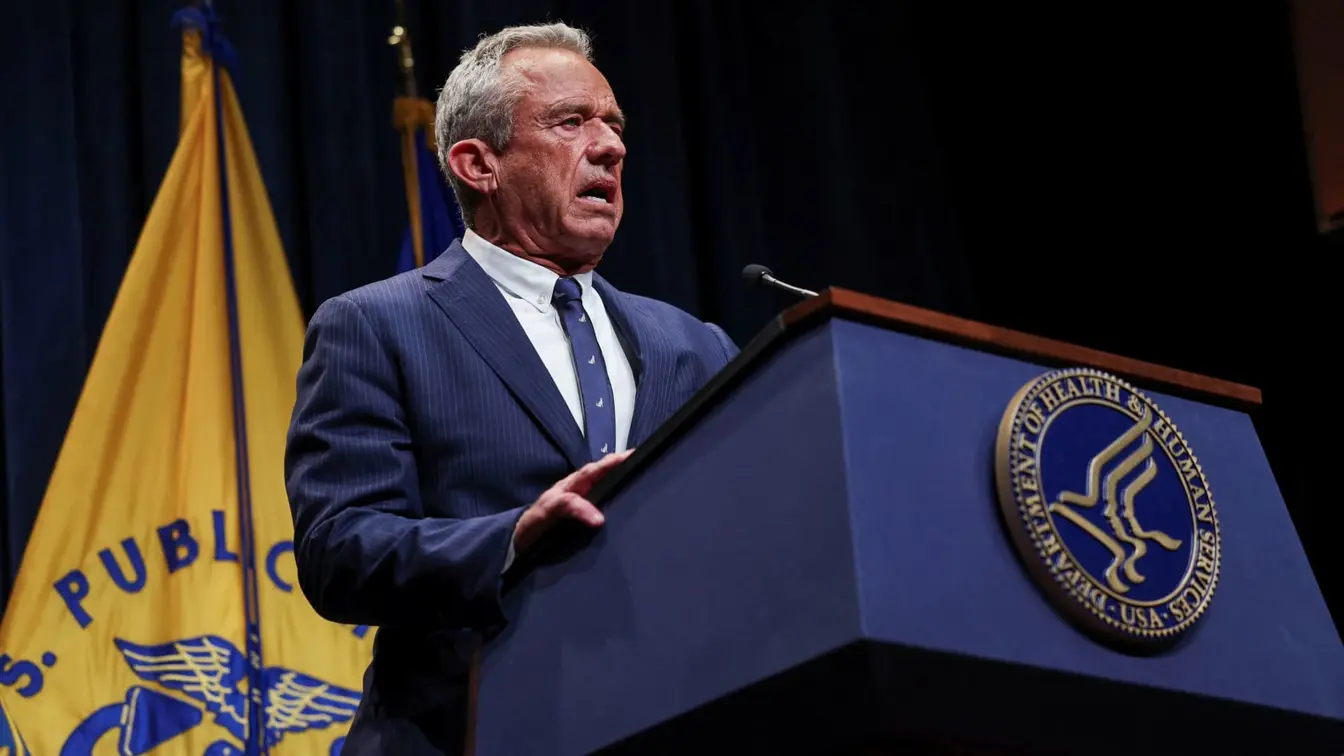
A USC study finds conflicts on vaccine panels were historically low before the overhaul and that income ties to drugmakers were largely eliminated.
New study challenges Kennedy vaccine panel overhaul
A USC Schaeffer Center study, published in JAMA, reviews disclosed financial conflicts of interest on the CDCs Advisory Committee on Immunization Practices and the FDAs Vaccines and Related Biological Products Advisory Committee from 2000 to 2024. It finds that conflicts on ACIP were already at historic lows before Robert Kennedy Jr. reshaped the panel, and that conflicts tied to income from vaccine makers were nearly extinct for ACIP. VRBPAC showed a similar pattern of low conflicts. The study notes that the most common conflict was research support rather than personal income. Between 2016 and 2024, averages were 6.2 percent for ACIP and 1.9 percent for VRBPAC, with 2024 figures around 5 percent for ACIP and under 4 percent for VRBPAC in most years. The authors point out that declines in conflict rates followed policy changes in 2007 that cracked down on conflicts on FDA panels, although it is unclear exactly when the CDC panel adopted similar practices. The research emphasizes that these panels review vaccines for safety, efficacy, and coverage decisions, and that disclosure rules vary in granularity between CDC and FDA records.
Key Takeaways
"Conflicts on the panels were at historic lows before the overhaul"
Statement reflecting the study's core finding about pre-overhaul conditions
"Trust rests on transparent data not headlines"
Editorial takeaway linking data transparency to public confidence
"Expertise matters more than personal gain in these panels"
Interpretation of the study's finding that research funding reflects expertise
"Data should drive policy not headlines"
Call for policy decisions guided by disclosure data rather than political narratives
The findings rewrite part of the debate about how much influence the pharmaceutical industry has on vaccine policy. They suggest that the system already contained strong safeguards and that the kinds of conflicts most feared—personal income from vaccine makers—are far rarer than early claims implied. Yet the data do not erase political questions around health policy. A reshaped panel can still affect public trust if people read a reshuffle as signaling political motives rather than a plain administrative change. The study also highlights a subtle point: research funding as a conflict signals depth of expertise, not necessarily corruption. This nuance matters for how the public weighs expert voices when vaccines and policy collide. In short, the numbers matter, but so do the motives and the messaging that surround policy moves.
Highlights
- Conflicts on the panels were historically low before the overhaul
- Trust rests on transparent data not headlines
- Expertise matters more than personal gain in these panels
- Data should drive policy not headlines
Political sensitivity around vaccine policy overhaul
The article centers on a political figure reshaping vaccine policy, which could trigger public reaction or backlash and scrutiny from investors and stakeholders.
Policy and science must stay aligned to serve the public good
Enjoyed this? Let your friends know!
Related News
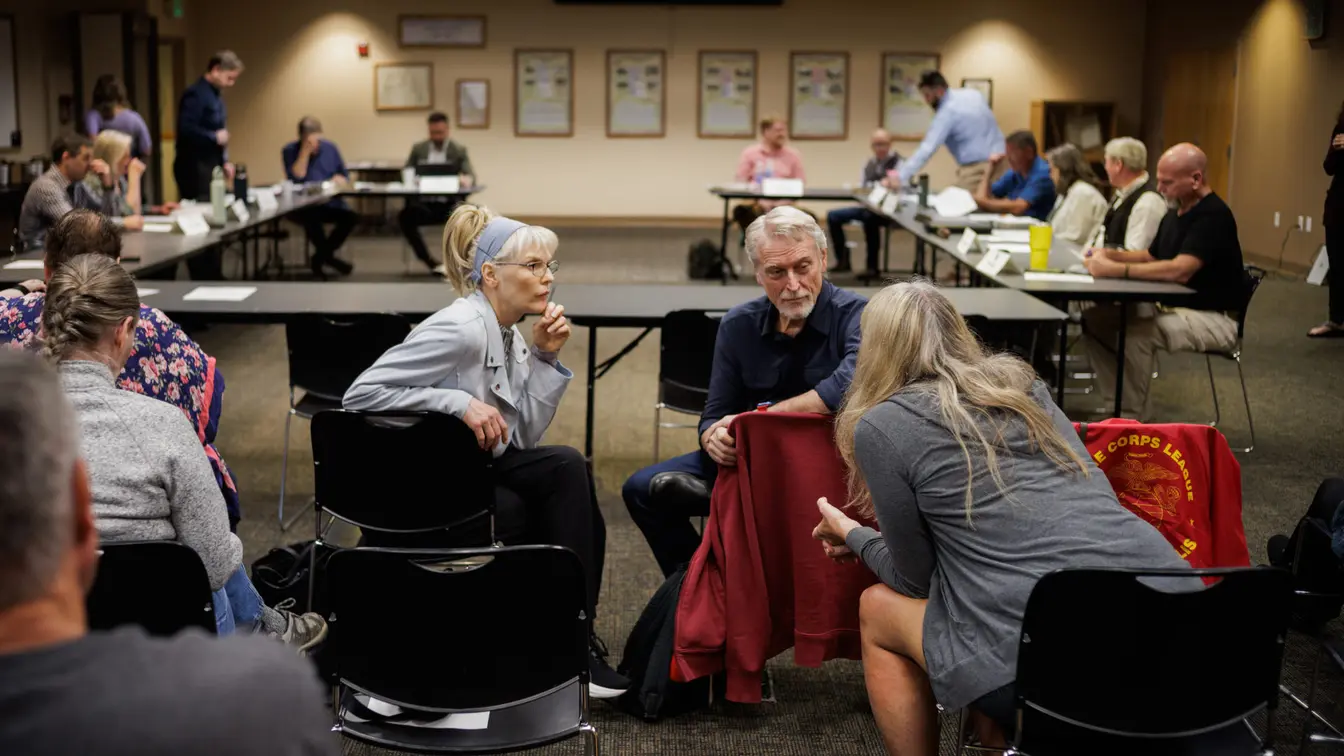
Idaho Implements New Vaccine Policies Amid Trust Crisis
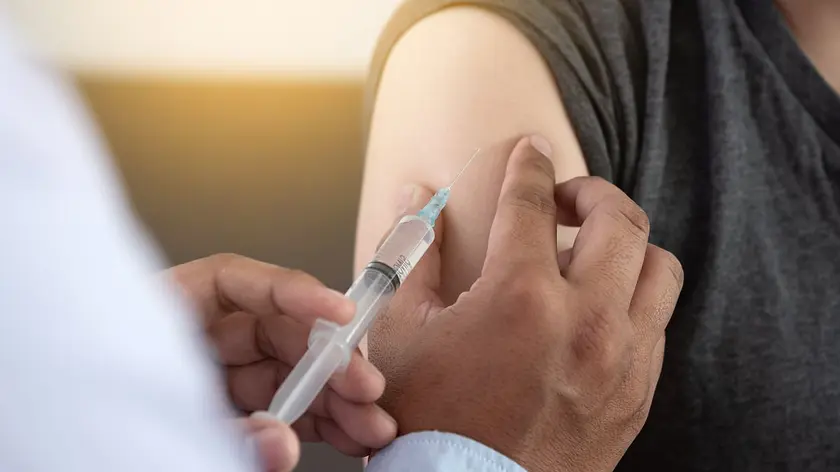
Survey reveals critical gaps in shingles vaccination awareness

Study links Pfizer COVID vaccine to eye damage

Pfizer COVID vaccine linked to eye health changes

US THAAD missile interceptors used extensively in conflict

Gates Foundation announces $2.5 billion investment in women's health
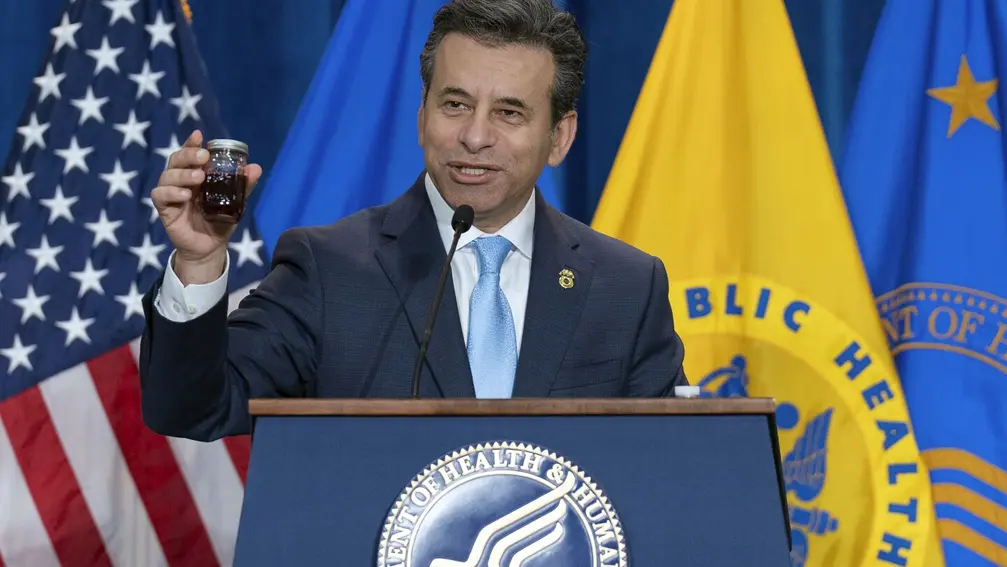
FDA panels under Makary raise alarms about independence and bias
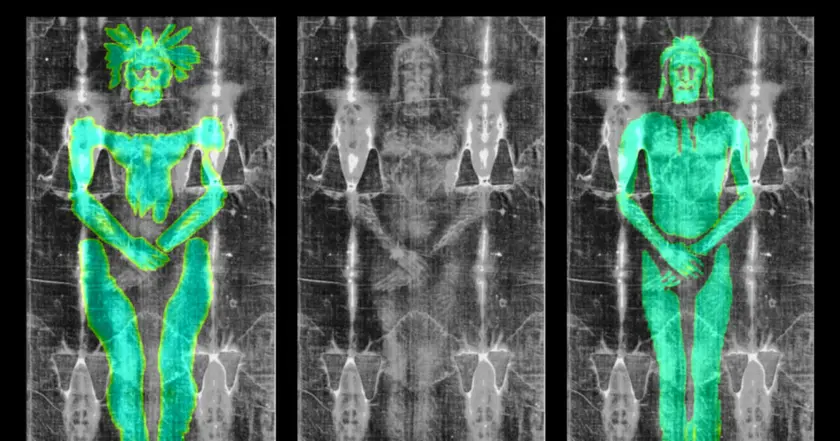
New Evidence Disputes the Shroud of Turin's Authenticity
